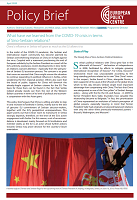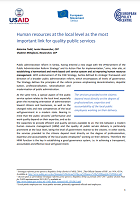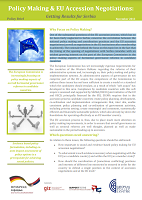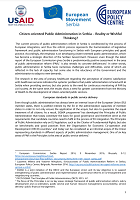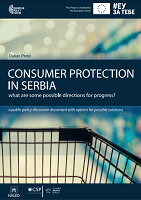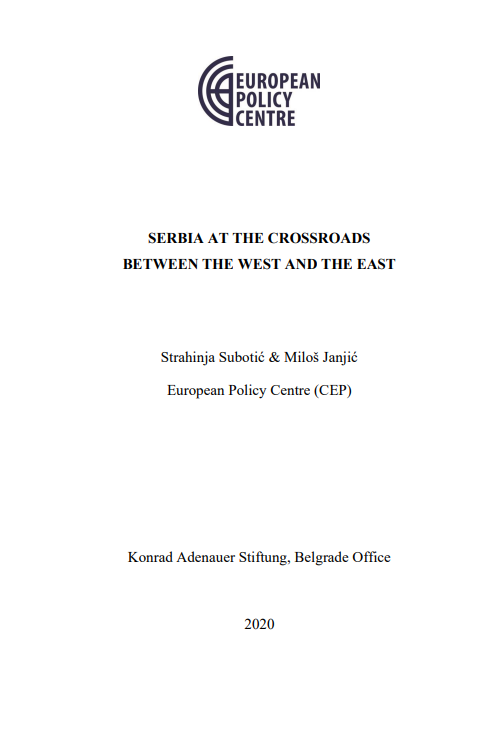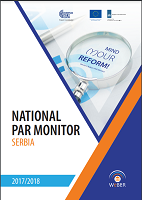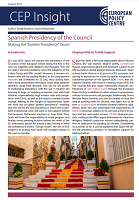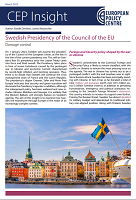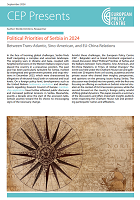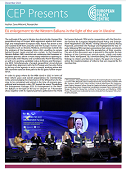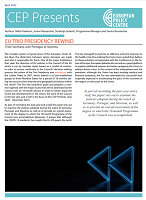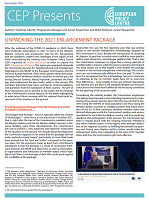
COVID-19 tracing app in Serbia: How to pave the road with trust, transparency and inclusion
COVID-19 tracing app in Serbia: How to pave the road with trust, transparency and inclusion
Keywords: Digital tools; Contact tracing; COVID-19; Serbia; Public health; Privacy; Data protection; User acceptance; EU data policies; Pro-European orientation;
Governments across the globe are increasingly using digital tools to accelerate the tracking of people infected with COVID-19 and their contacts as a key measure to prevent the pandemic’s spread. Among potential solutions, contact tracing mobile applications have emerged as the most used and discussed, and it is likely that many governments, including Serbia’s, will include them in national public health efforts. Nevertheless, issues of privacy and data protection, and low public trust and user acceptance can prevent these apps from being used, which is why Serbia’s government needs to ensure a good understanding and respect of citizens’ concerns before proceeding with the implementation of one. Given the comprehensive EU-level discussions towards finding the best possible common solution aligned with the Union’s robust personal data protection policies, little can go wrong if Serbia follows European approaches. This can also help rea rm the country’s pro-European orientation.
More...
